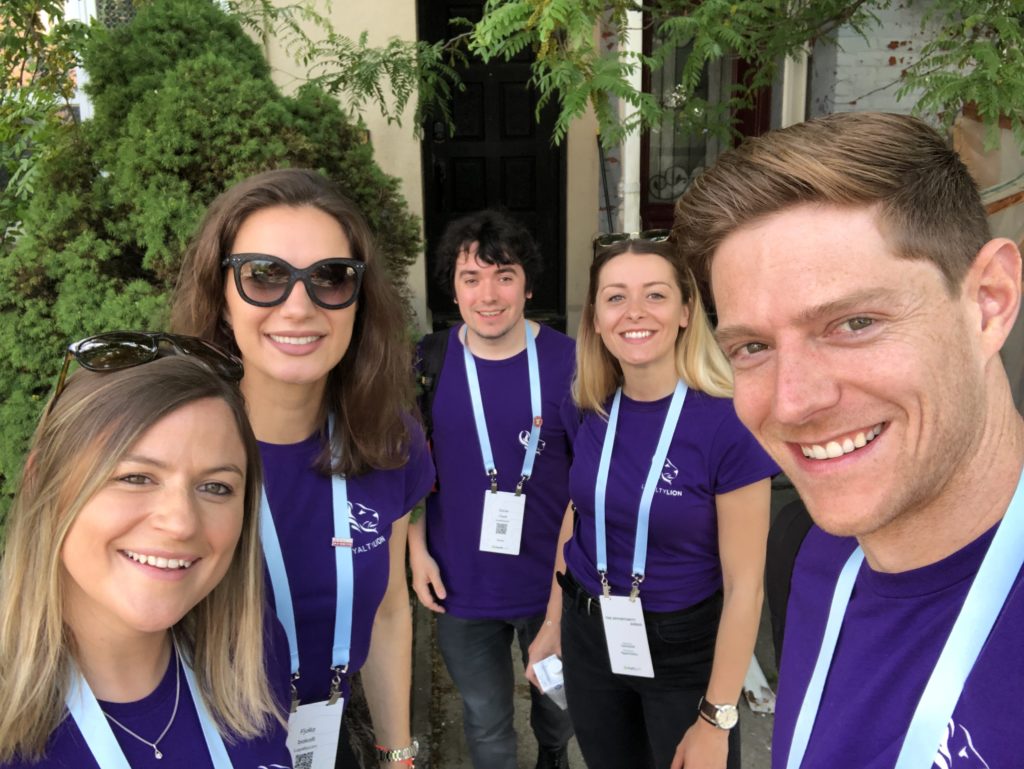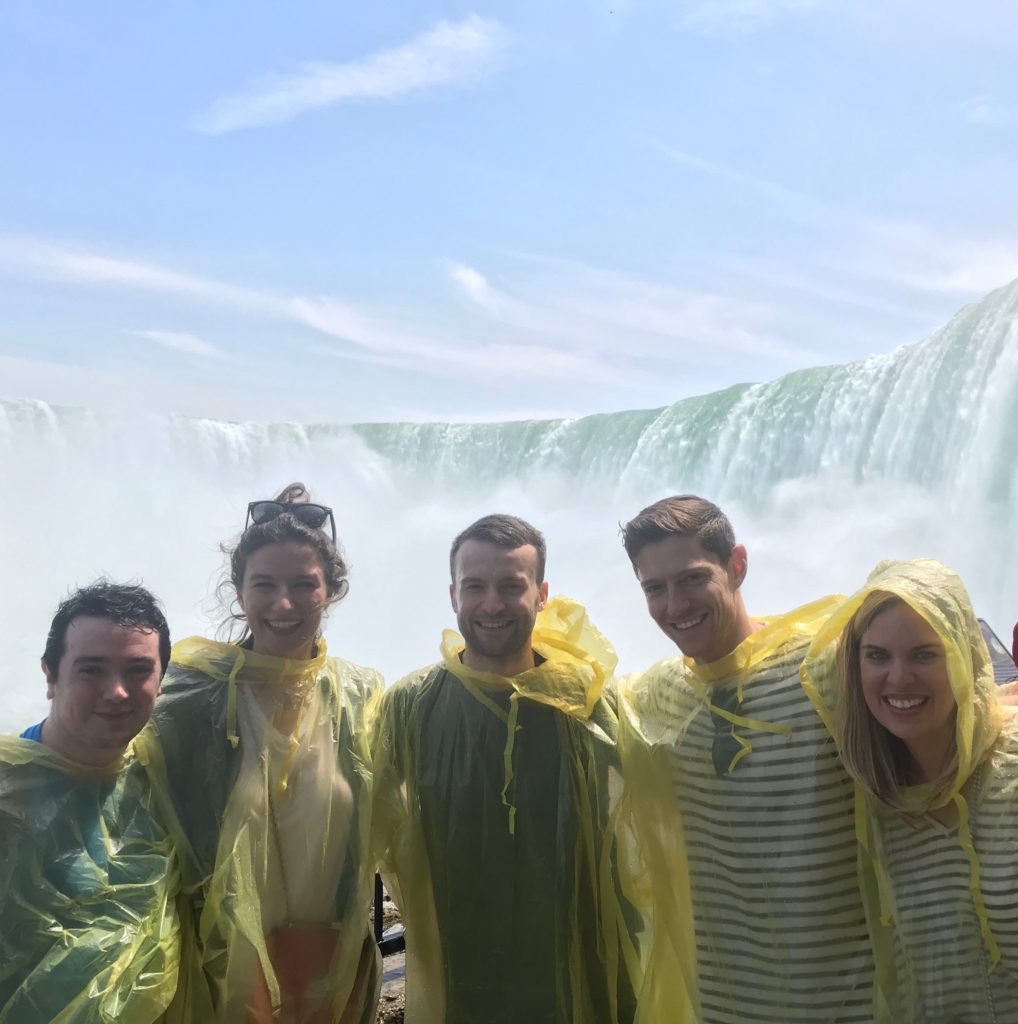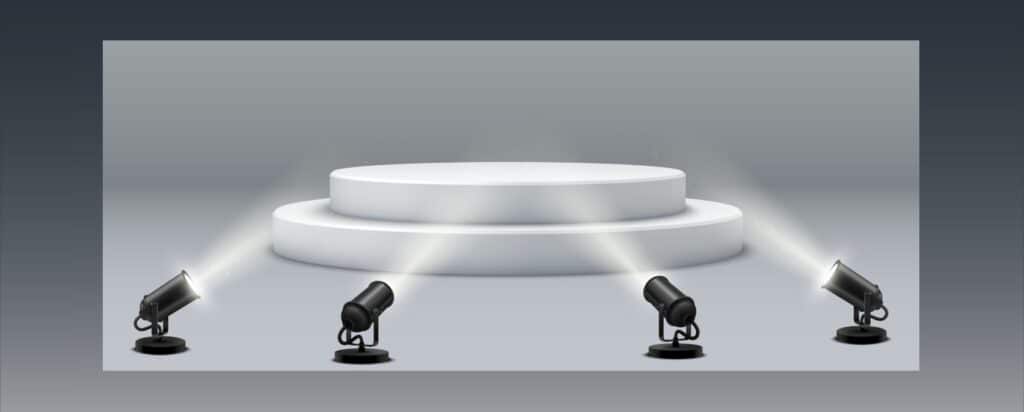When you met your co-founder Dave back in 2012, what was it about him that made you know he would make such an excellent co-founder/entrepreneur?
Before asking Dave to join me as a co-founder I went to numerous pitch events in London and talked with loads of developers. Most just wanted a fun side project. I was looking for someone who wanted to build a business for the long term.
When I met Dave it was clear he was fiercely bright, intellectually curious and wanted to achieve more. But it wasn’t until we’d had our first major disagreement that I knew we would succeed as co-founders. I don’t even remember what we disagreed about, but what I remember vividly is the moment we resolved the disagreement and what it showed me. Dave stopped me in the street and explained that he understood my perspective. I then did the same. The result was we quickly agreed on a direction and there was no lasting resentment. I thought, if we can do this under stress and when we’re sleep deprived, we’ll succeed.
In 2018, according to the timeline on your website, you hit 10 employees. Only one year later, you hit 30 employees. Were there challenges that came with scaling that fast? If yes, what were some of them and how did you solve them?
I’ve come to believe that in the software industry, hiring the best people is the single biggest success factor. Pretty much everything you do or build as a company can be copied so you need to out-innovate constantly, but you’ll only achieve this if your employees are better than your competition.
The biggest challenges to tripling the size of your company in one year are: 1) cultural impacts 2) making sure you don’t blow the bank 3) having the right onboarding and management processes in place. I’ll touch on culture first.
At 10 people, everyone is basically a friend. You all hang out, and often on weekends too. At 30 there are managers and hierarchy comes into play. We wanted to maintain our open and friendly culture. We solved any barriers to openness by increasing transparency around company progress and goals. If you visit our office you’ll see quarterly goals for each team (myself included) on the walls. These goals don’t come from me either – they’re created by the team leads with input from their teams. This has helped increase the openness because all levels can input into what they believe is right to do next.
On the friendliness side, things are more organic. It’s something we’ve managed to retain but I can’t put my finger on the exact reasons how or why. Team members go on holiday together; enter sporting competitions; go out on weekends etc. We don’t do anything in particular to make this happen. What we have done is ask people what they thought our culture was rather than telling them. We also don’t hire for ‘culture fit’. We hire for ‘culture contribution’ – as in ‘what will this person add’?
 What’s one piece of information you know now that you wish you had known when you started your company?
What’s one piece of information you know now that you wish you had known when you started your company?
If you want to scale your employee headcount whilst maintaining your culture, employ an internal head of people/hiring. Only someone inside your business will understand your values and care about the long term culture of the company.
What do you like to do in your free time away from LoyaltyLion?
Challenges. In the past 5 years, I’ve driven a rickshaw 3000km up the west coast of India; ridden a motorbike around Burma; completed the world’s longest obstacle run; and raced coast to coast across Scotland. Training for adventures like these, and doing them, gives my mind some downtime to recover.
 In your opinion, what are the top factors for why some startups succeed while others fail?
In your opinion, what are the top factors for why some startups succeed while others fail?
As I mentioned above, it’s about the quality of the people you surround yourself with, from the hires you make to the investors and advisors you keep.
Another big factor is persistence. Some founders just stay in the game longer. They’re more dogged and determined. They refuse to give up on their dream and sometimes that’s enough. Staying at it longer may just get you to the next stage of your business where new opportunities arise.
Entrepreneur Charlie Casey is the CEO and Co-Founder of Loyalty Lion, a data-driven loyalty and engagement platform that powers your e-commerce growth.


 What’s one piece of information you know now that you wish you had known when you started your company?
What’s one piece of information you know now that you wish you had known when you started your company?  In your opinion, what are the top factors for why some startups succeed while others fail?
In your opinion, what are the top factors for why some startups succeed while others fail?


